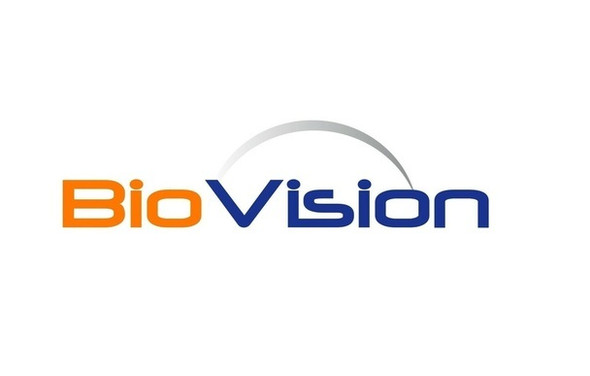Biovision
Human CellExp™ Nectin-4, Mouse Recombinant
- SKU:
- 26-P1477
- Availability:
- Usually Shipped in 5 Working Days
- Storage Temperature:
- -20°C
- Shipping Conditions:
- Gel Pack
- Shelf Life:
- 12 months
Description
Biomolecule/Target: N/A
Synonyms: NECTIN4, LNIR, PRR4, PVRL4
Alternates names: NECTIN4, LNIR, PRR4, PVRL4
Taglines: Transmembrane glycoprotein that involved in cell adhesion through trans-homophilic and -heterophilic interactions
Taglines: USA
Country of Animal Origin: USA
NCBI Gene ID #.: 71740
NCBI Gene Symbol: NECTIN 4
Gene Source: Mouse
Accession #: Q8R007-1
Recombinant: False
Source: HEK 293 cells
Purity by SDS-PAGE #: >95%
Assay: N/A
Purity: N/A
Assay #2: N/A
Endotoxin Level: Less than 1.0 EU per μg by the LAL method.
Activity (Specifications/test method): Immobilized Mouse Nectin-4, His Tag at 5 μg/mL (100 μL/well) can bind Human PVRL1 / NECTIN1 Protein, Fc Tag with a linear range of 0.039-1.25 μg/mL
Biological activity: N/A
Results: N/A
Binding Capacity: N/A
Unit Definition: N/A
Molecular Weight: This protein carries a polyhistidine tag at the C-terminus. The protein has a calculated MW of 36.2 kDa. The protein migrates as 38-43 kDa under reducing (R) condition (SDS-PAGE) due to glycosylation.
Concentration: N/A
Appearance: Lyophilized powder
Physical form description: Lyophilized
Reconstitution Instructions: Centrifuge the vial prior to opening. Reconstitute in sterile deionized water to a concentration of 100 µg/ml. Do not vortex. It is recommended to store at -20°C.
Background Information: Nectin-4 (gene name PVRL4, poliovirus receptor-like 4) is a 66 kDa type I transmembrane glycoprotein belonging to the Nectin family of Ig superfamily proteins. Nectins are cell adhesion molecules that play a key role in various biological processes such as polarity, proliferation, differentiation and migration, for epithelial, endothelial, immune and neuronal cells, during development and adult life. Nectin-4 is a tumor-associated antigen in 50%, 49% and 86%o of breast, ovarian and lung carcinomas, respectively, mostly on tumors of bad prognosis. Its expression is not detected in the corresponding normal tissues.
Amino acid sequence: Gly 31 - Ser 347
Handling: Centrifuge the vial prior to opening.
Usage: For Research Use Only! Not to be used in humans






